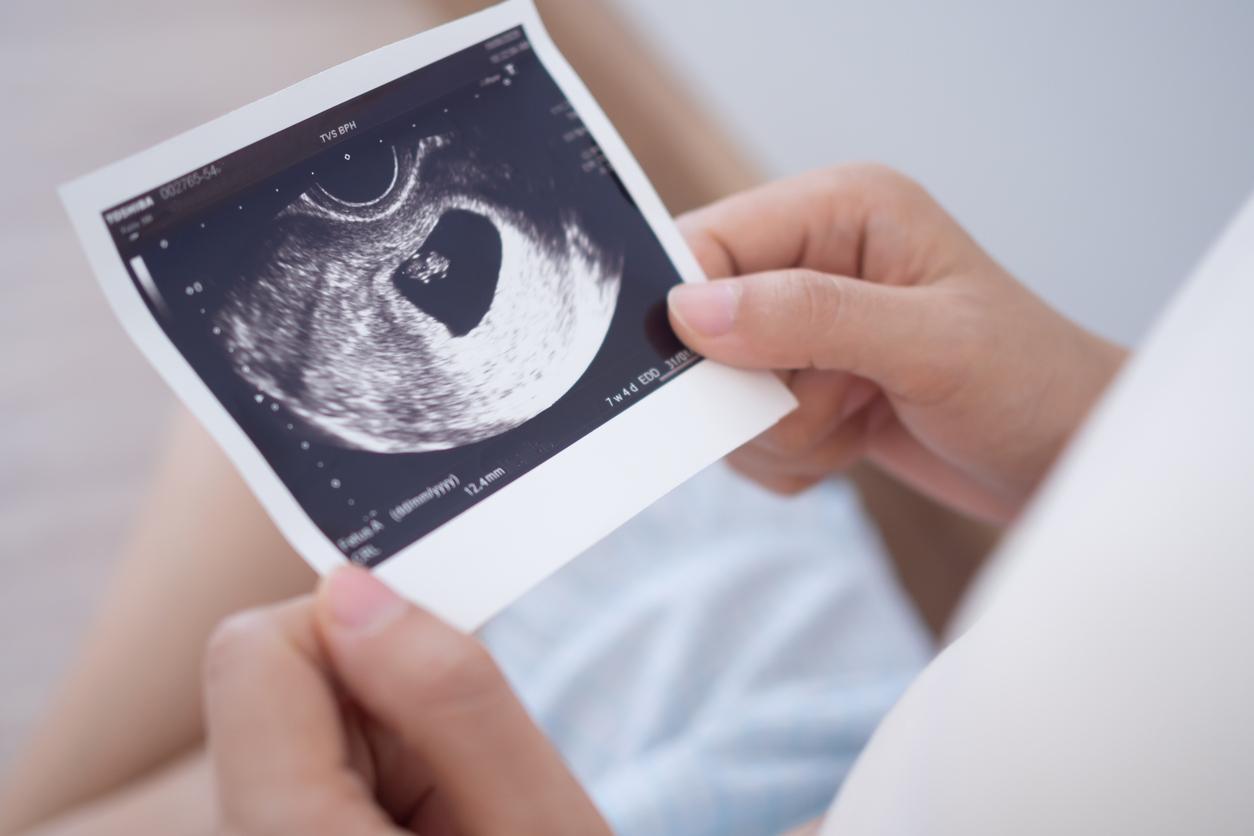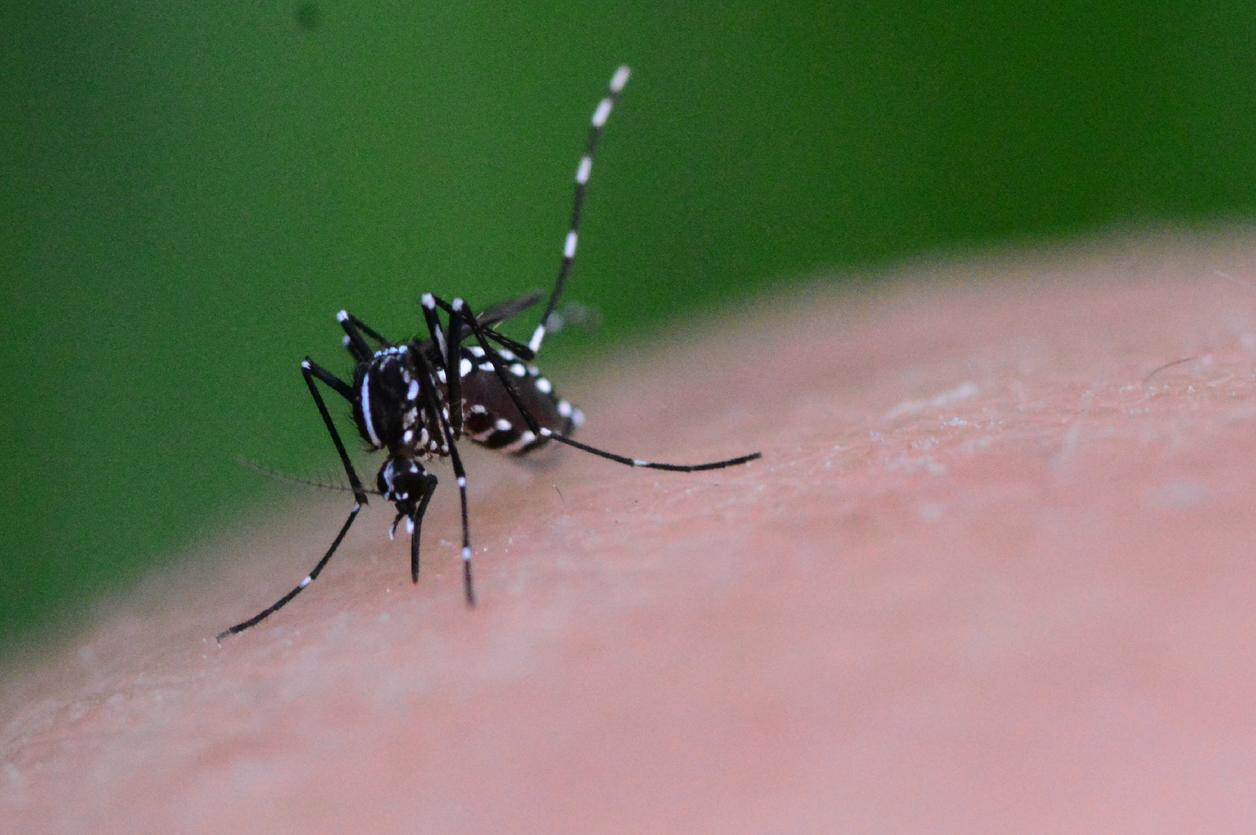Since the beginning of the Covid-19 epidemic, many people infected with the virus report suffering from prolonged symptoms, several weeks and sometimes several months after infection. Public Health France conducted a survey at the end of 2022, to try to measure the extent of this phenomenon, called Covid-longwhich usually appears within three months of initial Covid infection.
This study, which has just been presented at the 2023 edition of the French Public Health Meetings, shows that 30% of people who responded had long-Covid. That is a prevalence of 4% of the whole population.
The figures of the Covid-long in France
#CovidLong : 2 million people presented with a condition post #COVID19 end of 2022
First results of a new study on the prevalence of long COVID presented to the #RSPFrance⤵️ https://t.co/w3WaF84E4Wpic.twitter.com/39jBadzPnL– Public HealthFrance (@SantePublicFr) June 21, 2023
Of those who reported having Covid-long:
- There were more women (10.2%) than men (5.3%). Studies are underway to clarify risk profiles.
- 31% had a post-COVID-19 condition for more than a year
- 21.3% were infected during the circulation wave of the Sars-CoV-2 Delta variant and 53.2% during the circulation waves of the Sars-CoV-2 Omicron variants.
Covid-long is now a chronic condition
“The monitoring of long COVID and in particular of post-COVID-19 affection is still strongly required in the months to come” insists Public Health rancid. “This affection has indeed imposed itself among the most common chronic conditions. In particular, the prolonged forms (31% of cases) and those whose symptoms have a strong or very strong impact on daily activities (30%)”.
Further studies are underway to assess the severity levels of covid-long and its impact on quality of life and ability to work.
Source : “COVID long – Affection post-COVID-19, metropolitan France” survey, September-November 2022, first results, Public Health France; June 2023


















